Reviews
20 Books for Community Organisers this Christmas
Books, old and new, for anyone wanting to make a difference.
Stephanie Wong | 27 Nov 2019

Image credit: Parade, iStock.
This post uses affiliate links which means that when you buy an item using the link provided we receive a portion of the sale. Affiliate links are marked with a ⟡
It is that time of year when we look at the harvest of our efforts and reflect on what has grown for us over the past twelve months.
There have been some important victories this year. It is important to remember that, as we also acknowledge the unsettling and uncertain times we live in. An election is looming and many of us are not able to slow down just yet: Not long to go now.
Here are twenty books to help you in your organising efforts and nourishment for the soul. As always, contribute to the comments below and let us know what we are missing.
1. Celebrations: Rituals of Peace and Prayer by Maya Angelou
Let gratitude be the pillow upon which you kneel to say your nightly prayer. And let faith be the bridge you build to overcome evil and welcome good.
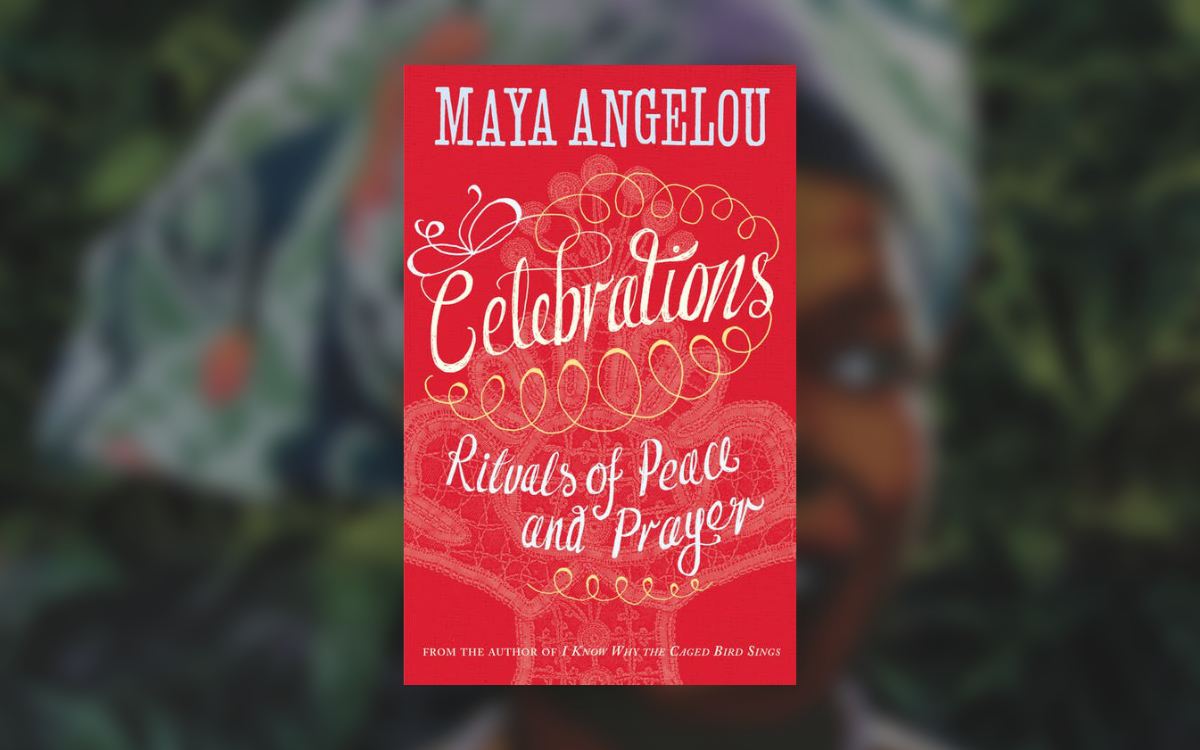
A collection of gorgeous poems flowing with Angelou’s wisdom about celebrations both public and private. A book to be shared and cherished with your loved ones.
Buy Celebrations from Bookshop.org
2. After Repeal: Rethinking Abortion Politics edited by Kath Browne and Sydney Calkin
The referendum and our campaign did not happen in a vacuum: it was the accumulation of decades of activism when abortion rights were a very hostile topic in Irish Society.
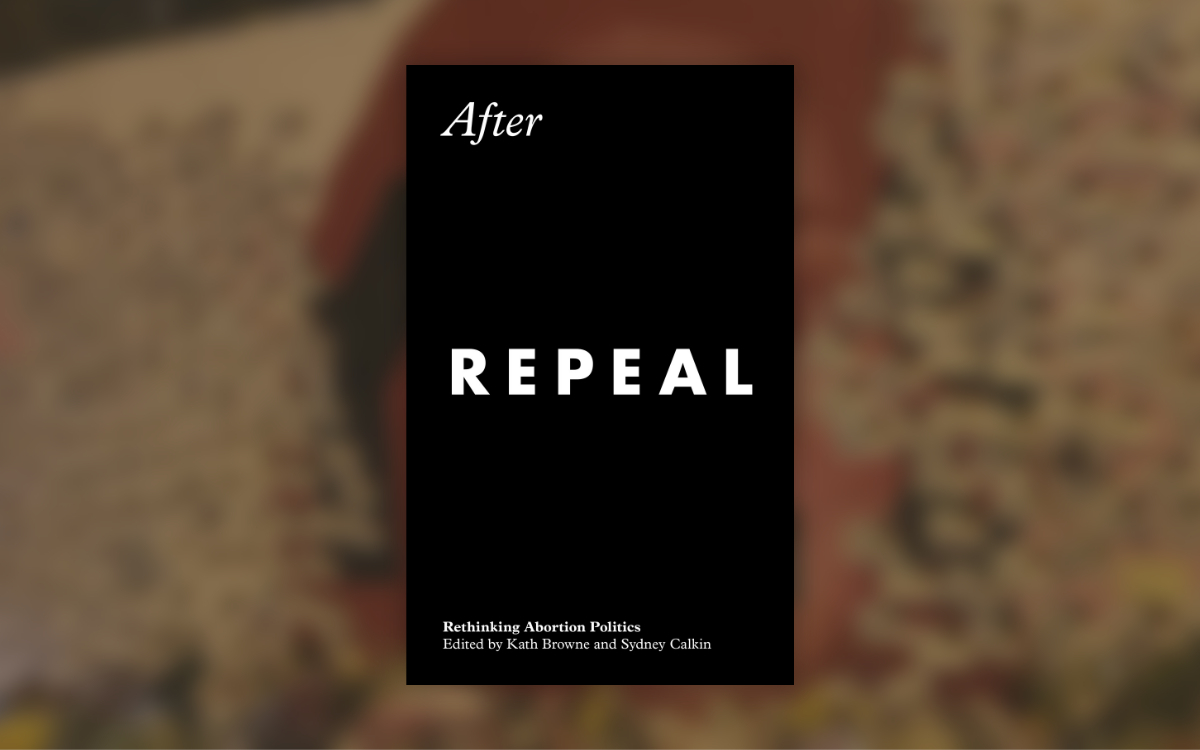
After Repeal is an extensive set of work that explores the campaign and the implications of the referendum result – not only from the Irish context but as part of the wider struggle for reproductive justice around the world.
Buy After Repeal from Bookshop.org
3. Eve Was Framed: Women and British Justice by Helena Kennedy
What all women deserve is to be able to choose freely the lives they want to lead, free of oppression and exploitation, filled with opportunity to be who they want to be. It is all about human rights.
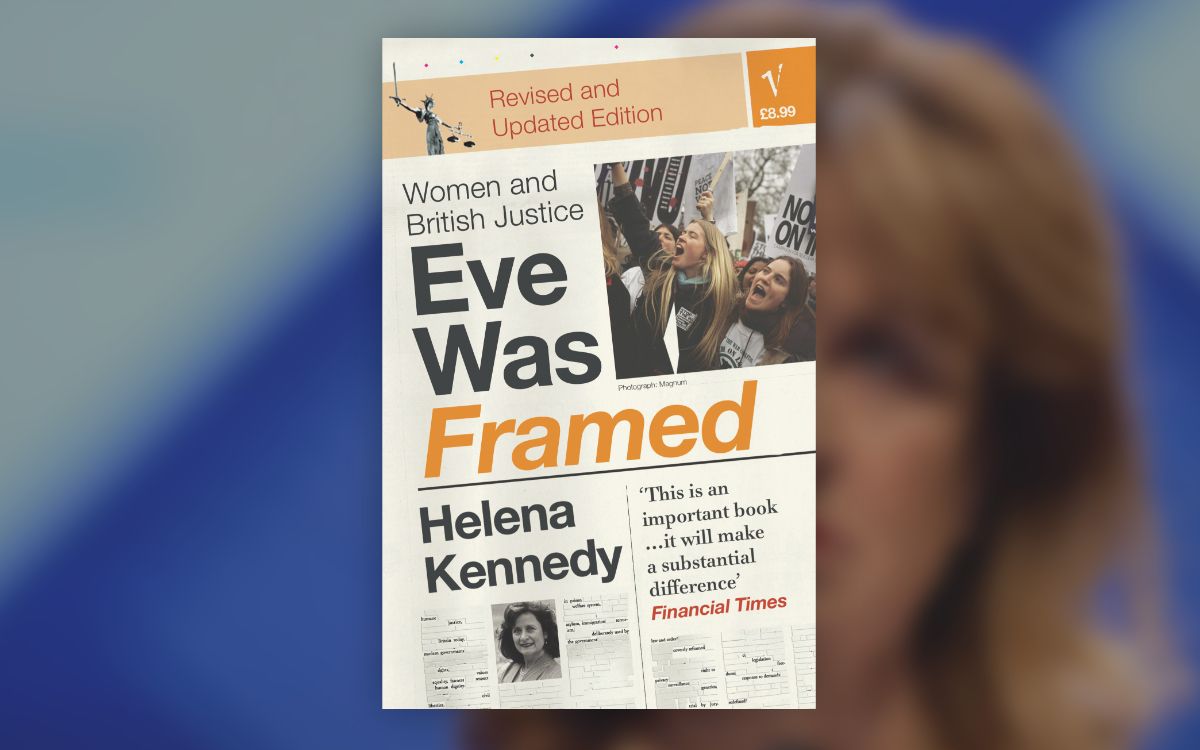
A book about the British legal system and its unjust treatment of women: from the prejudices of judges, the misconceptions of jurors, the painful court procedures and the influence of the media – Kennedy reveals how the law continues to fail women in their rights to access justice.
Buy Eve Was Framed on Bookshop.org
4. Emergent Strategy: Shaping Change, Changing Worlds by Adrienne Maree Brown
I think it is healing behaviour, to look at something so broken and see the possibility and wholeness in it.
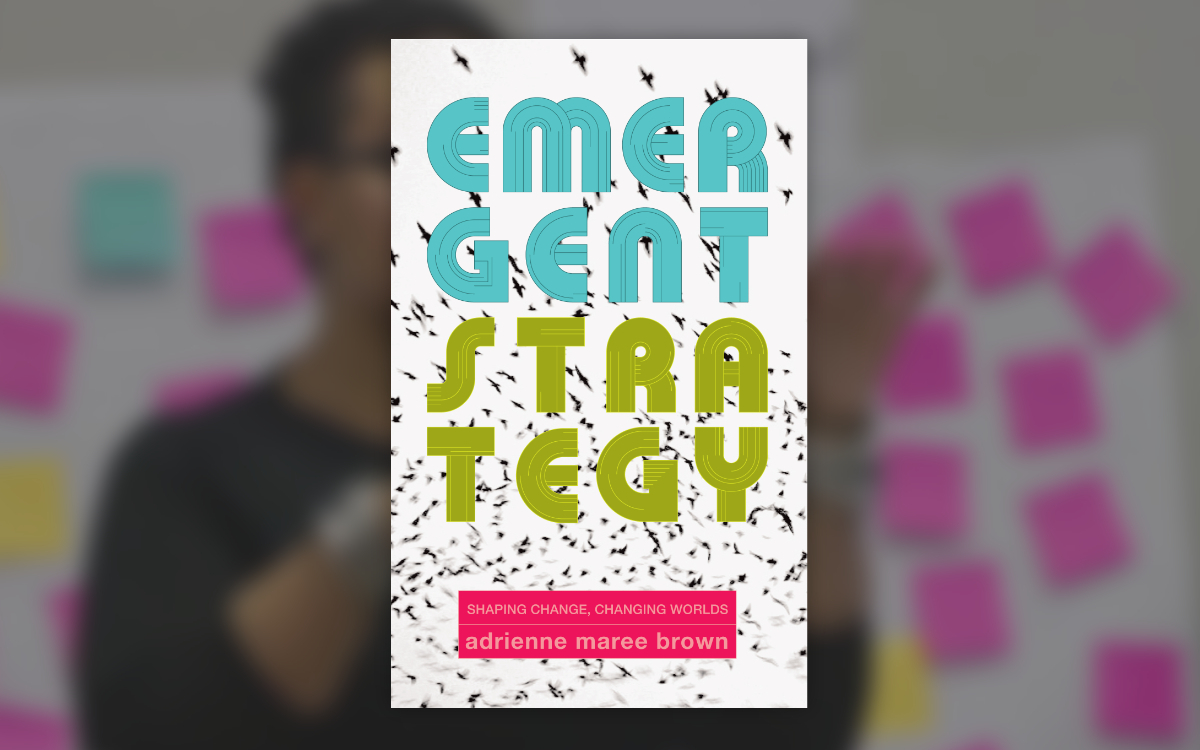
A poetic and practical guide for facilitating learning spaces, organising and running campaigns. With real-world examples, emergent strategies share lessons on organising with presence, joy and a strategic mindset – to participate in a radical change-making practice.
Buy Emergent Strategy on Bookshop.org
5. A Christmas Carol by Charles Dickens
“I wear the chain I forged in life,” replied the Ghost. “I made it link by link, and yard by yard; I girded it on of my own free will, and of my own free will I wore it. Is its pattern strange to you?”
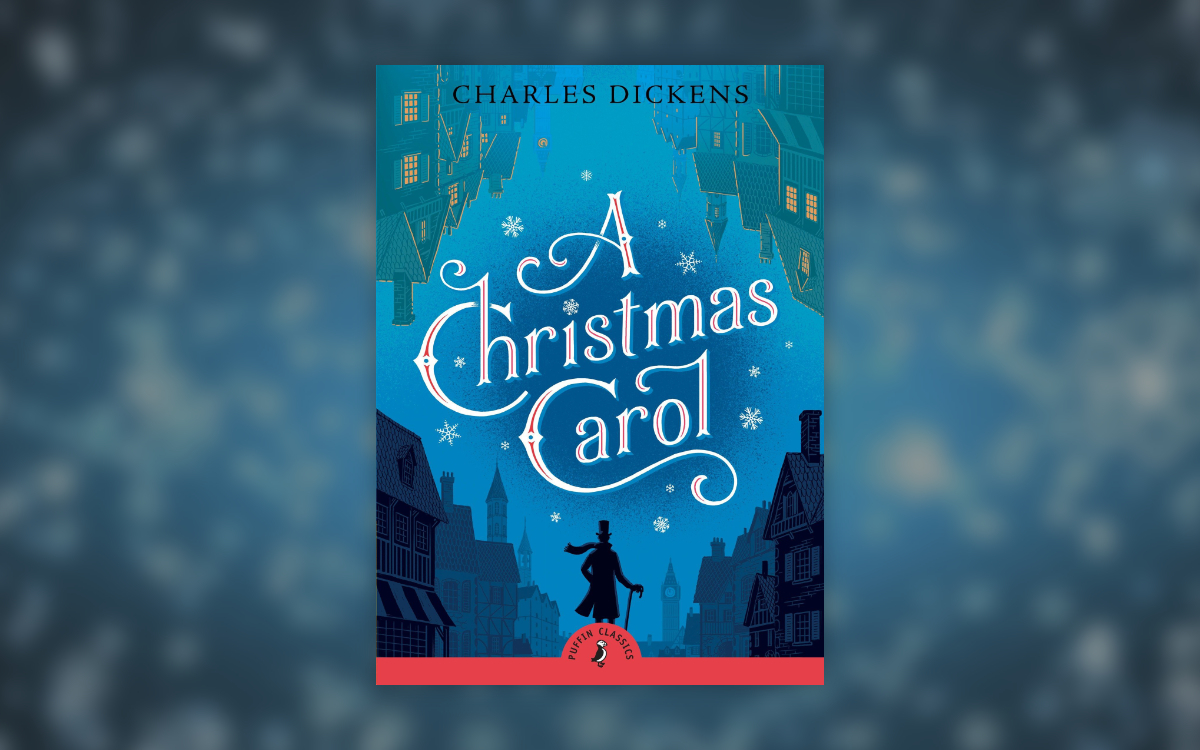
A poignant Christmas read with messages about poverty, greed and redemption that stand the test of time.
Buy A Christmas Carol on Bookshop.org
6. Braiding Sweetgrass by Robin Wall Kimmerer
Action on behalf of life transforms. Because the relationship between self and the world is reciprocal, it is not a question of first getting enlightened or saved and then acting. As we work to heal the earth, the earth heals us.
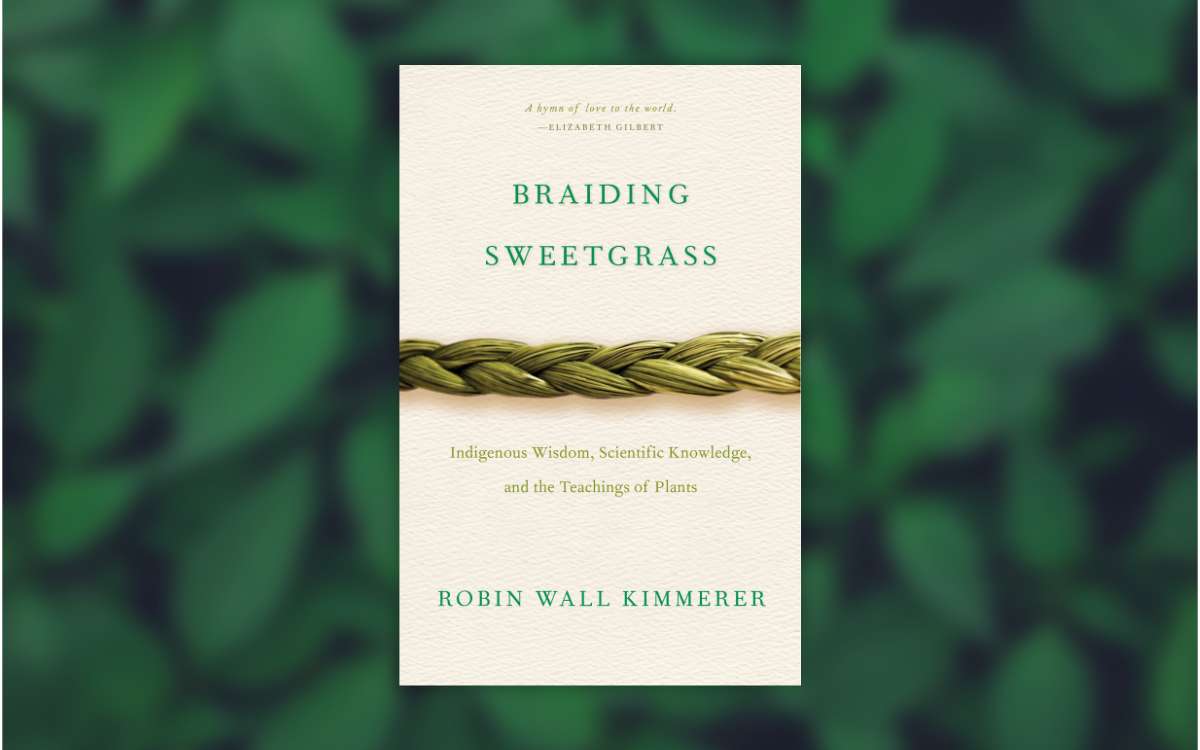
Kimmerer is a member of the Citizen Potawatomi Nation and an indigenous botanist. Kimmerer shares her indigenous wisdom, scientific knowledge and plant teachings to help us see and celebrate our connection with the rest of the living world to re-learn our shared relationship with the planet.
Buy Braiding Sweetgrass on Bookshop.org
7. Umbrella: A Political Tale from Hong Kong by Kong Tsung-gan
As long as there is resistance, there is hope.
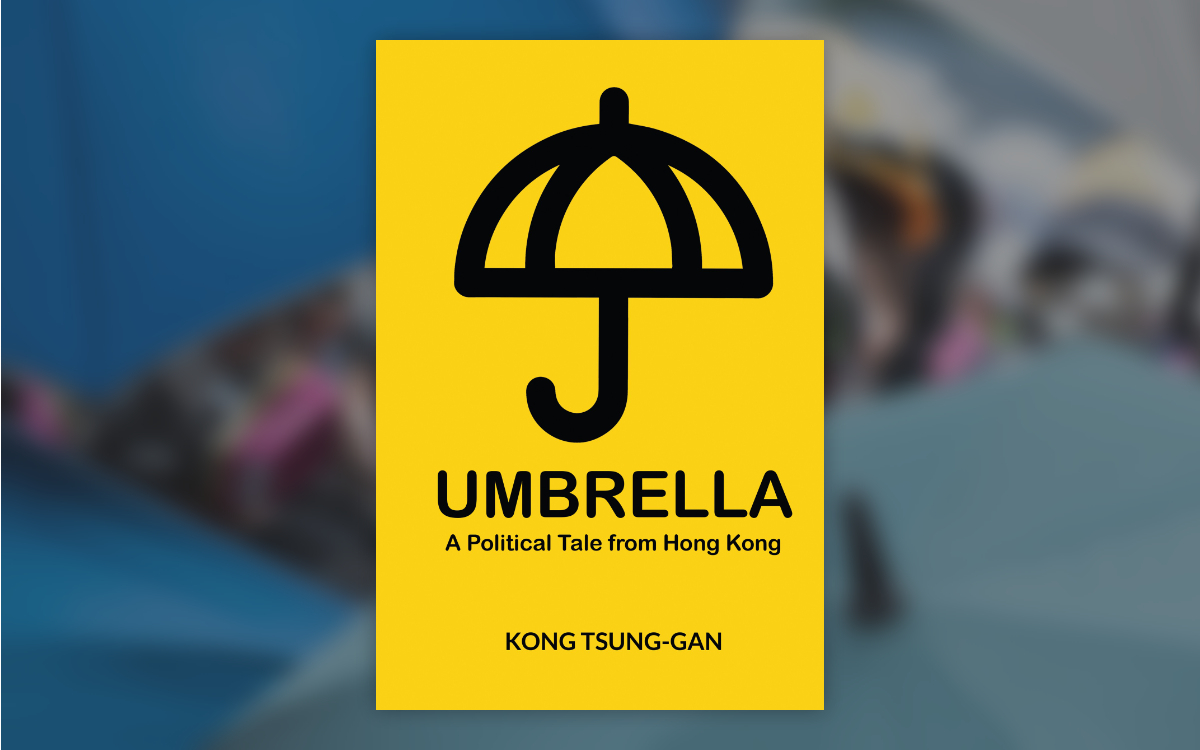
This book examines the 2014 campaign for genuine universal suffrage through the occupations in Hong Kong. In solidarity with the millions of Hong Kong people who continue to fight for their civil and political rights – this book explores why the occupations lasted so long and what went wrong.
Tsung-gan’s new book, As Long As There Is Resistance, There Is Hope, chronicles the post-Umbrella era in 28 essays published from 2014 through 2018.
8. Death Is Hard Work by Khaled Khalifa and translated by Leri Price
He tried to remember something or other about life and death but couldn’t come up with anything better than “Tend to the living – the dead are already gone.” He didn’t like it, however, because of how often the line was quoted by cowards justifying retreat.
With the conflict in Syria continuing into its eighth year, Khalifa brings our consciousness back to the heartbreaking horror – through a humble story about a father’s dying wish for his youngest son (Bolbol).
Bolbol and his siblings will travel across a war zone on a life-threatening quest to return their father’s body to their ancestral village of Anabiya in Aleppo.
Buy Death Is Hard Work on Bookshop.org
9. In Defence of Politics by Bernard Crick
Man’s inclination to justice makes democracy possible; but man’s capacity for injustice makes it necessary.
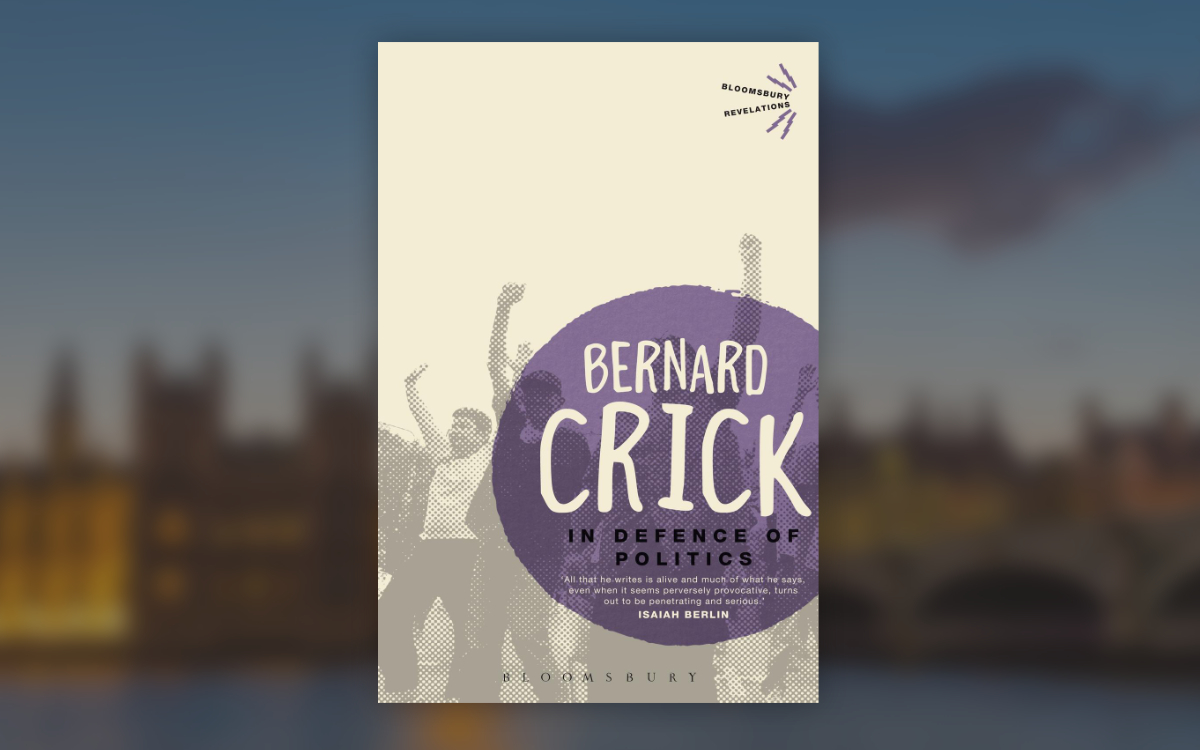
When so many of us are frustrated with politics and losing the will to engage – Crick’s classic remains as crucial as ever. First published in 1962 and regularly revised until its final edition in 2002 – Crick argues passionately that politics, however complex, broken and imperfect, is a vital freedom we must continue to engage and wrestle with and never take for granted.
Buy In Defence of Politics from University of Chicago Press.
10. This Land Is Our Land: An Immigrant’s Manifesto by Suketu Mehta
In the twenty-first century, your humanity is defined by your nationality. And those who have no nationality – the Palestinians , the Rohingya – are fucked.
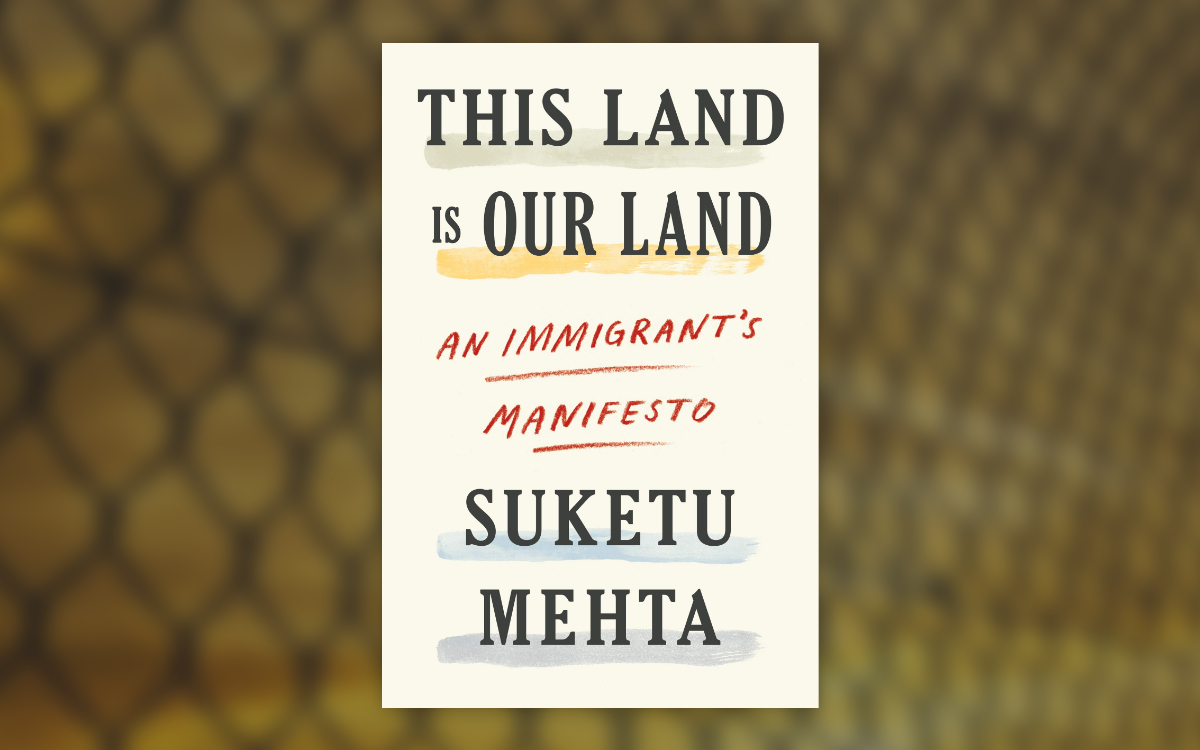
Mehta argues the West is being destroyed not by immigrants but by the fear of immigrants. Mehta delves into the lies, the truths and the cover-ups through personal experience and interviews to demonstrate the extraordinary nature of immigration and the reparations owed.
Buy This Land Is Our Land on Bookshop.org
11. Brave Not Perfect by Reshma Saujani
We’ve become conditioned to compromise and shrink ourselves in order to be liked. The problem is, when you work so hard to get everyone to like you, you very often end up not liking yourself so much.
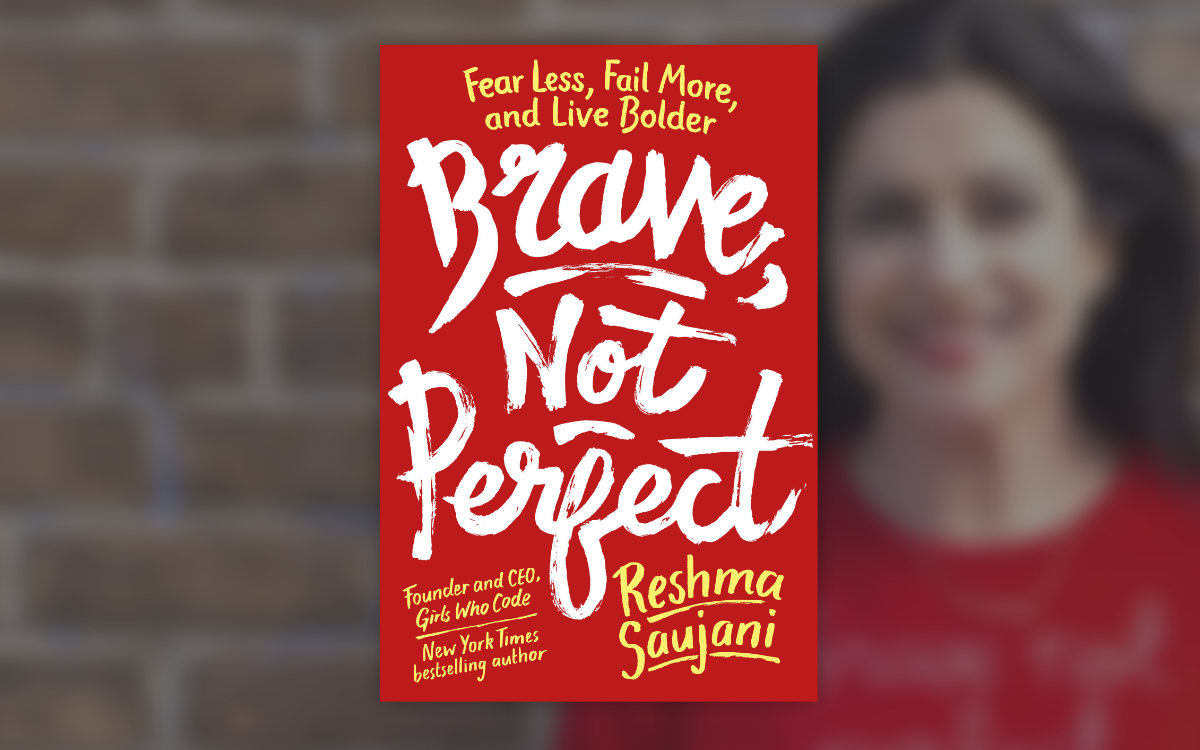
From the multi-award-winning Founder and CEO of national non-profit Girls Who Code and New York Times bestselling author Reshma Saujani, she shares her lessons on how to fear less, fail more and live bolder.
Buy Brave Not Perfect Bookshop.org
12. The Great Derangement: Climate Change and the Unthinkable by Amitav Ghosh
Recognition is famously a passage from ignorance to knowledge.
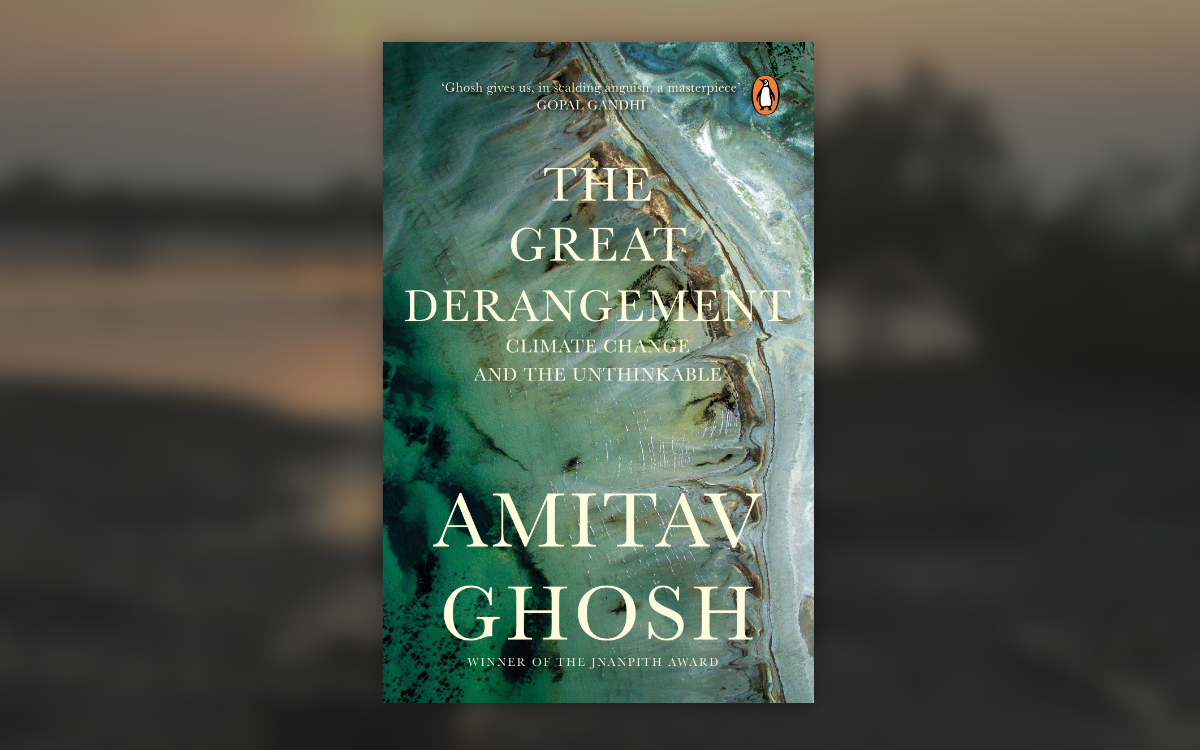
This book confronts the urgency of climate breakdown and humanity’s ‘deranged’ lack of imagination when it comes to protecting our planet. Ghosh explores through three themes- literature, history and politics – to shine a light on the current environmental violence, the on-coming danger, and how we should act in a time of climate emergency.
Buy The Great Derangement on Bookshop.org
13. Austerity: The History of a Dangerous Idea by Mark Blyth
Austerity doesn’t work. Period.
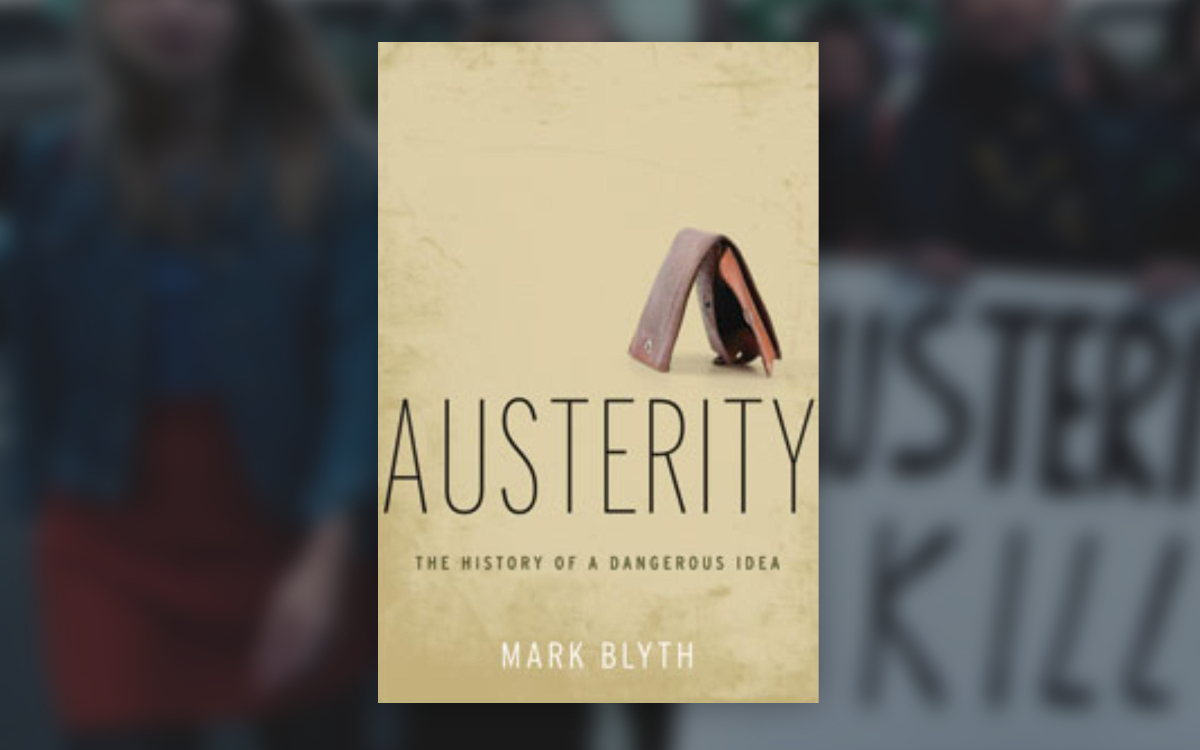
Blyth explores the economic policy of austerity – studying its use worldwide up to the early 2010s. Blyth argues that the case for increasing economic growth through austerity is overstated, counterproductive, and has only worsened the escalating debt and poverty across Europe.
14. Stir It Up: Lessons in Community Organising and Advocacy by Rinku Sen
The job of a good ally is not to save anybody but rather to help create the conditions under which people can assert and grow their own power.
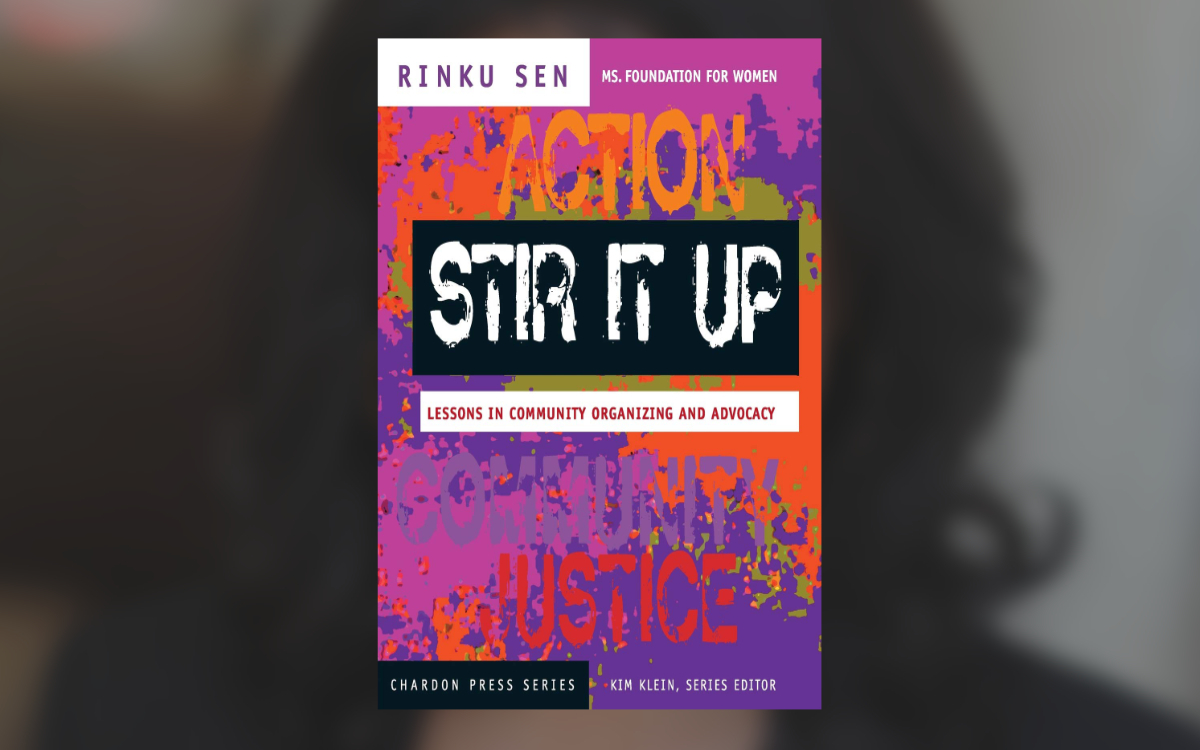
Written by renowned activist and trainer Rinku Sen, this book identifies the key priorities and strategies that can help advance community organising, using case examples of several initiatives to organise women, including exploring race and gender in organising.
15. Doughnut Economics: Seven Ways to Think Like a 21st-Century Economist by Kate Raworth
For over 70 years economics has been fixated on GDP, or national output, as its primary measure of progress. That fixation has been used to justify extreme inequalities of income and wealth coupled with unprecedented destruction of the living world. For the twenty-first century a far bigger goal is needed: meeting the human rights of every person within the means of our life-giving planet.
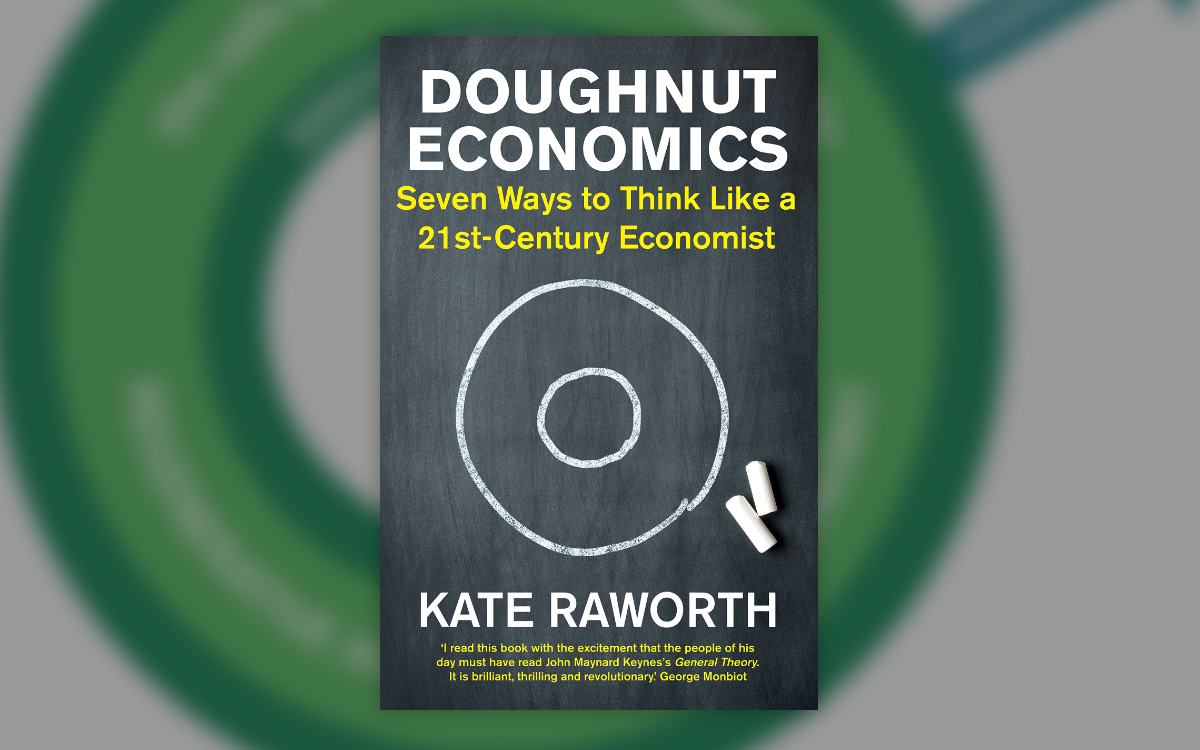
In Doughnut Economics, Oxford academic Kate Raworth offers a new model for economics that brings humanity to meet the needs of all within the means of the planet through a ‘regenerative and distributive economy’. This is a must-read for anyone looking for economic alternatives to the current neoliberal model.
Buy Doughnut Economics on Bookshop.org
16. Girl, Woman, Other by Bernardine Evaristo
Women who miraculously spend their working day wearing bondage-tight skirts and vertiginous, destabilising heels which make their feet look bound the erogenous zones of crushed muscles and cramped bones, encased in upmarket strippers’ heels and if she has to cripple herself to signal her education, talent, intellect, skills and leadership potential then so be it.
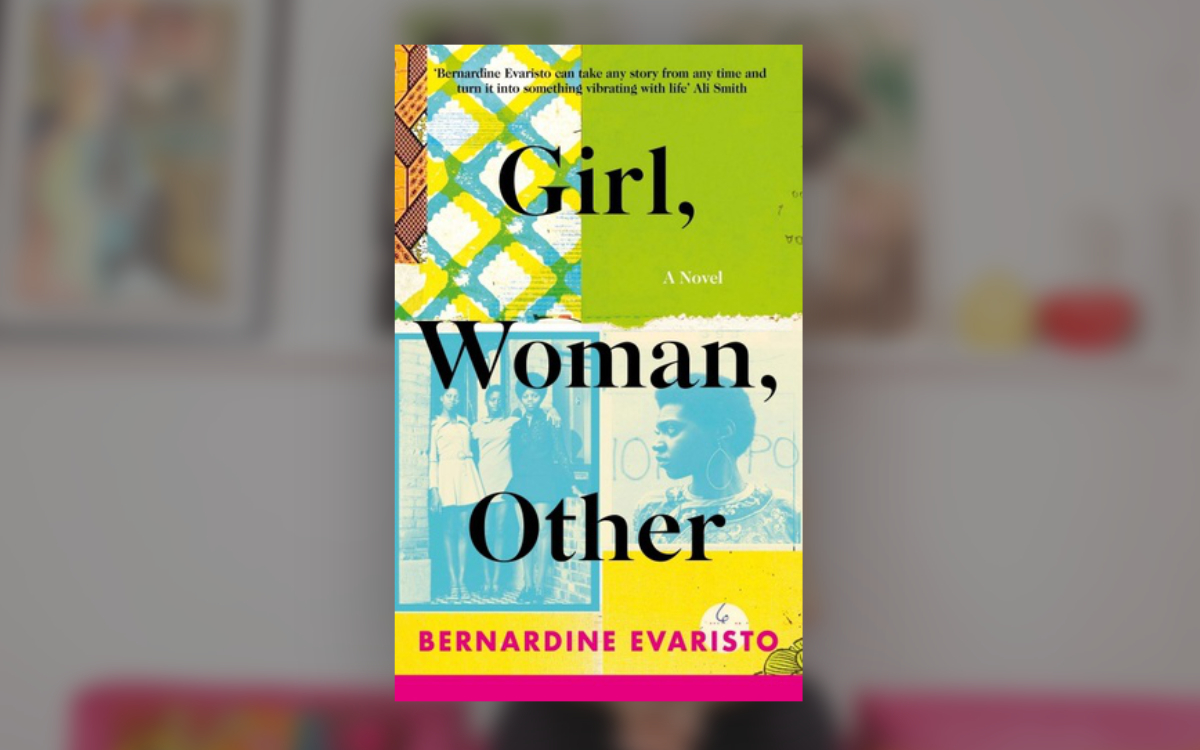
A book about love, struggle, feminism and race: this is the eighth novel by Bernardine Evaristo and follows the interconnected stories of twelve black British women over several decades. The book was awarded the 2019 Booker Prize.
Buy Girl, Woman, Other on Bookshop.org
17. Out of the Wreckage by George Monbiot
Despite everything we are told, human beings are uniquely altruistic and empathetic. That capacity has been thwarted by a powerful ideology that says that extreme individualism and extreme competition are the highest states that humankind should achieve.
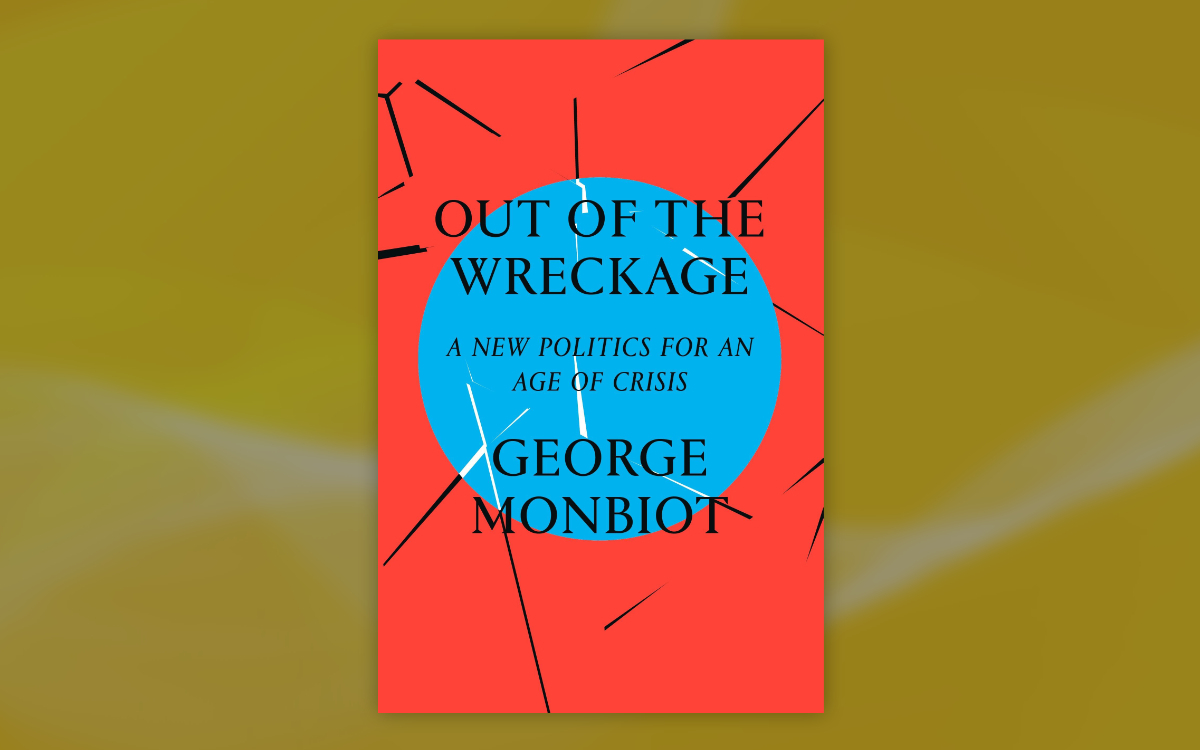
Monbiot offers us a new politics for an age of crisis, where relationship, empathy and belonging are crucial to its effectiveness. It is politics that is rooted in the community and is already happening all over the world.
Buy Out of the Wreckage on Bookshop.org
18. Radical Help: How We Can Remake the Relationships Between Us and Revolutionise the Welfare State by Hilary Cottam
The role of relationships in sustaining change seems absurdly obvious, and yet relationships are never designed into any of our solutions.
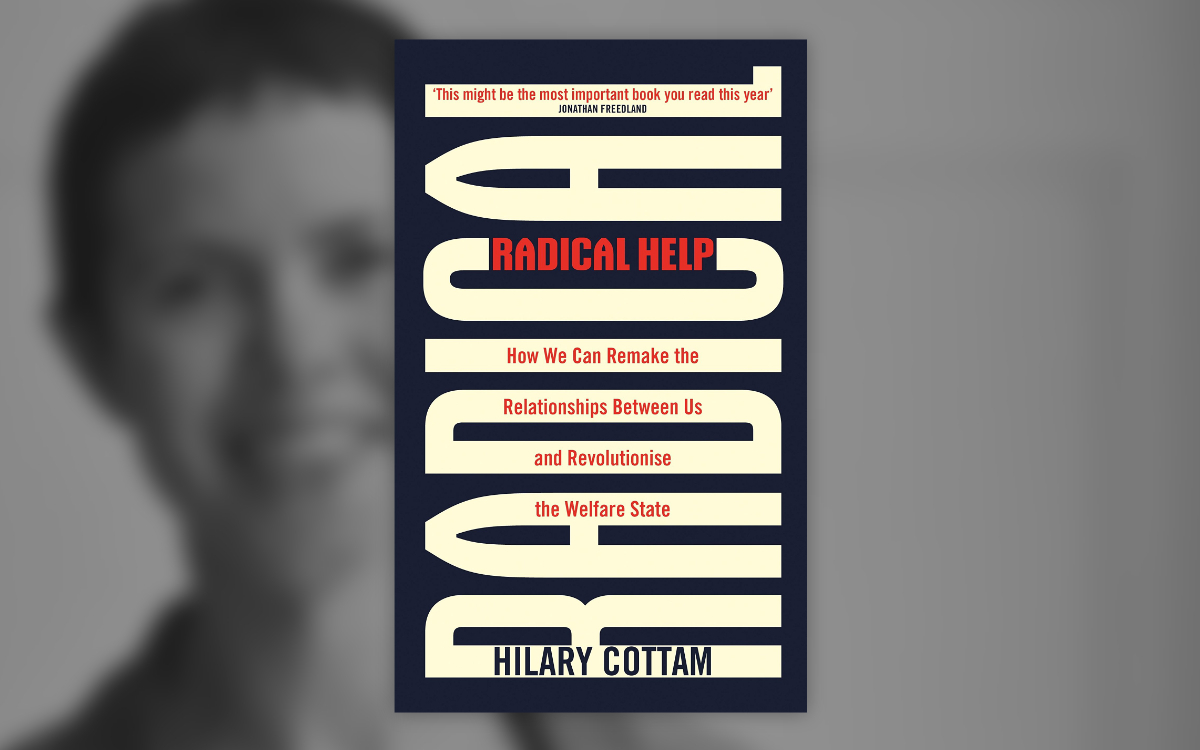
Radical Help reveals new ways of organising living and building people power being developed with communities across Britain. Cottam stresses that 20th-century welfare support is no longer fit for purpose and encourages us towards a new system that can care for everyone – with relationships at its heart.
Buy Radical Help on Bookshop.org
19. In Praise of Idleness And Other Essays by Bertrand Russell
I want to say, in all seriousness, that a great deal of harm is being done in the modern world by belief in the virtuousness of work, and that the road to happiness and prosperity lies in an organised diminution of work.
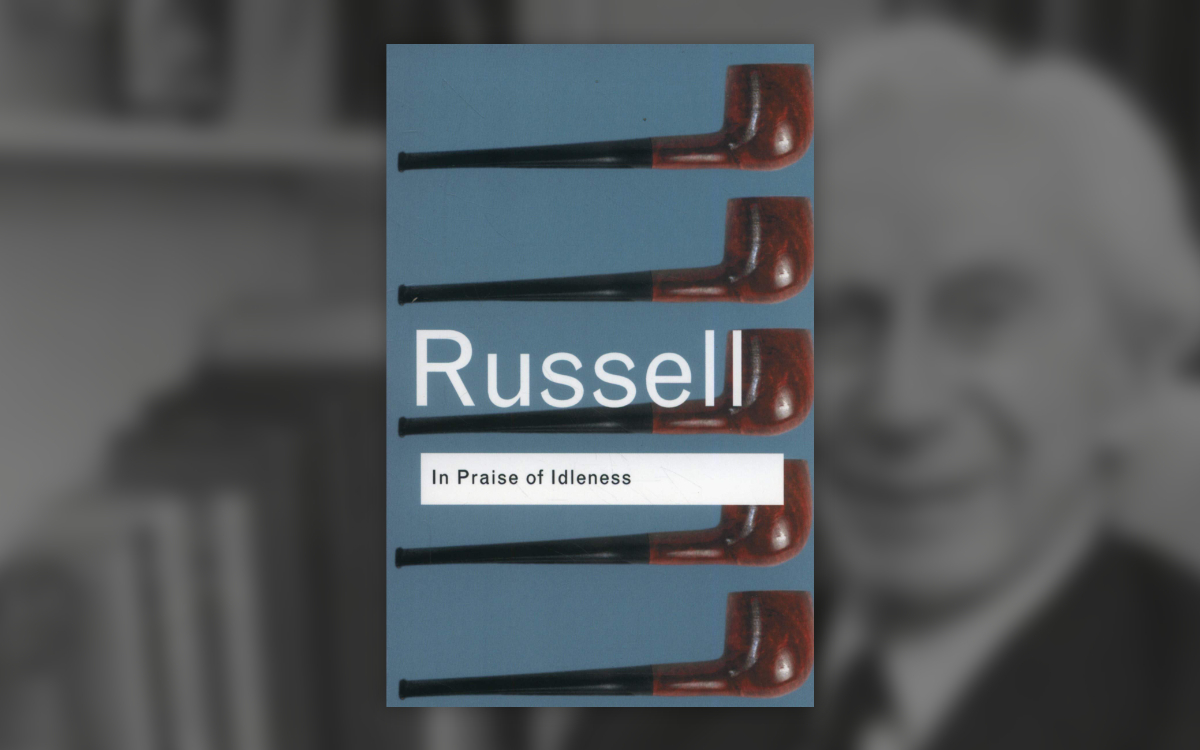
This book demonstrates the interwoven importance of self-care and social justice. Russell asks us to pay attention to the corrosive nature of workaholism and to make space for the quiet dignity of taking time off to notice and find meaning in doing nothing at all.
Buy In Praise of Idleness on Bookshop.org
20. Brit(ish): On Race, Identity and Belonging by Afua Hirsch
You’re British. Your parents are British. Your partner, your children and most of your friends are British. So why do people keep asking where you’re from?
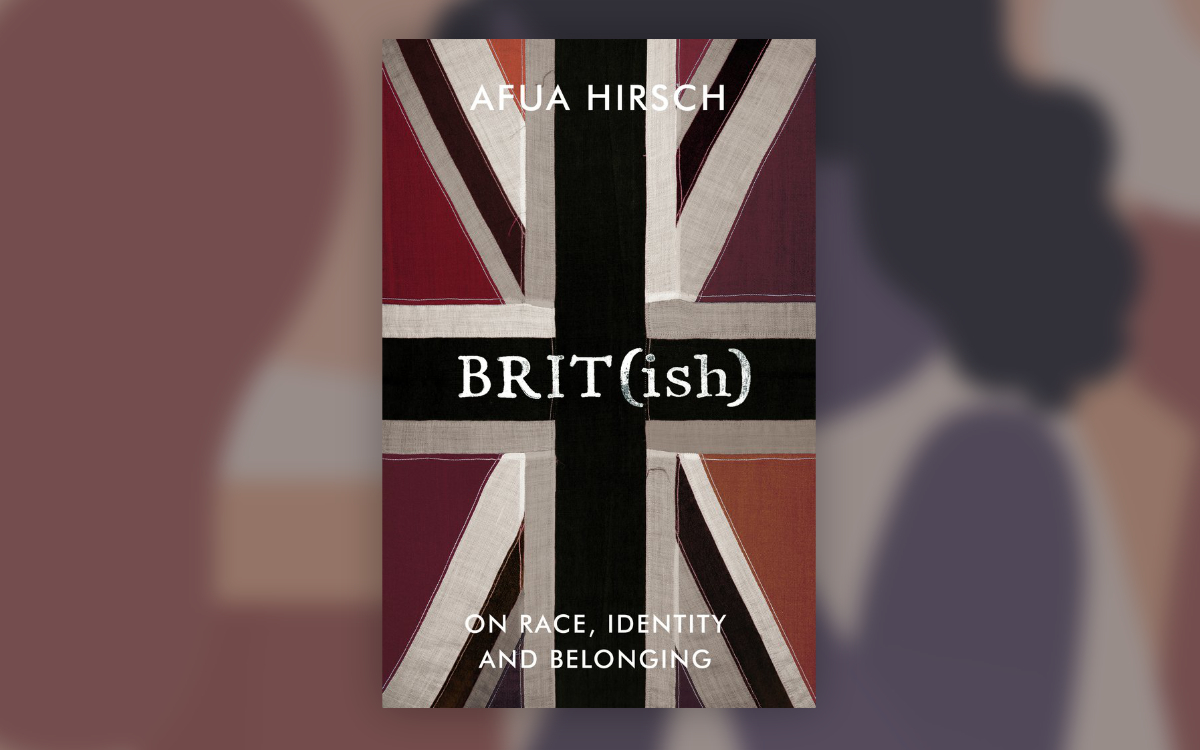
A book about identity – Hirsch shares her own experiences alongside detailed research to shine a light on Britain’s denial of its imperial past and how this denial continues to influence the racism of Britain today.